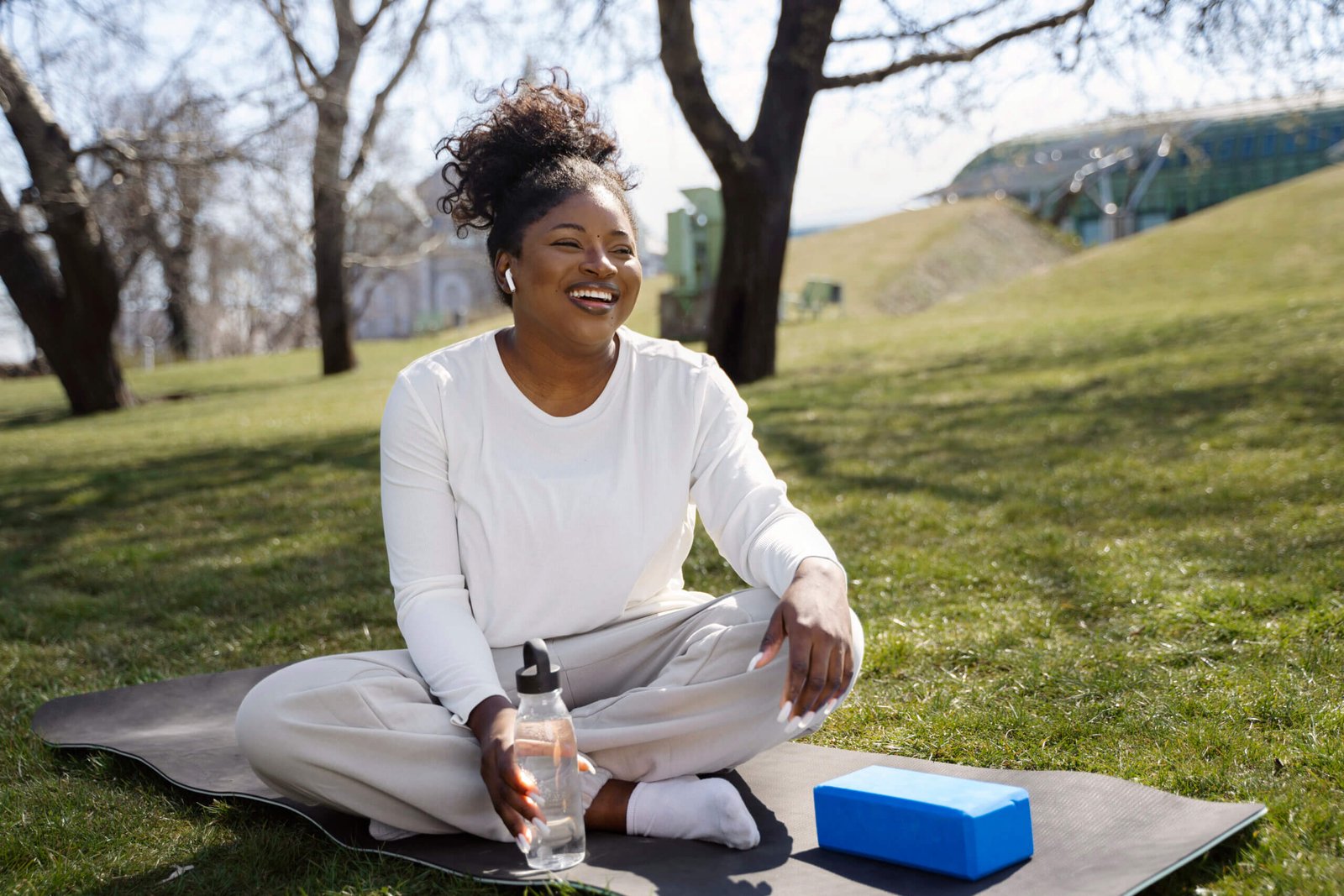
Feeling overwhelmed lately? You’re not alone.
In today’s busy world, juggling work, family, and personal responsibilities can drain your peace of mind. But here’s the good news: mindfulness exercises for stress relief at home can help you pause, reset, and restore inner calm.
Mindfulness isn’t complicated. It’s about being present, fully aware of your thoughts, feelings, and surroundings without judgment. Over time, this awareness helps reduce anxiety and improve focus.
Related Read: Honeymoon Destinations
So, grab your tea, find a quiet corner, and let’s explore how to bring peace back into your daily routine.
What Is Mindfulness and Why It Matters

Mindfulness is the practice of paying attention to the present moment intentionally and calmly.
It’s not about suppressing thoughts but observing them without reacting. This awareness helps you handle stress better and cultivate emotional balance.
It’s the cornerstone of any successful mindfulness routine for beginners.
Benefits of Mindfulness for Stress Relief
Here’s why mindfulness matters:
It lowers stress hormones like cortisol.
It boosts focus, emotional stability, and creativity.
It improves sleep and mental clarity.
According to Harvard Health, consistent mindfulness can reshape the brain, enhancing emotional regulation and well-being.
When you make mindfulness exercises for stress relief at home part of your daily life, you build long-term resilience.
7 Mindfulness Exercises You Can Do at Home
Wondering where to begin?
Here are seven mindfulness techniques for relaxation that fit easily into any schedule.
1. Deep Breathing Meditation
Start by sitting comfortably. Inhale deeply through your nose for four counts, hold for two, and exhale slowly through your mouth for six.
This breathing technique activates your body’s relaxation response, instantly reducing stress.
Try this for 5–10 minutes each morning to center your thoughts before starting your day.
2. Body Scan Relaxation
Lie down and bring awareness to each body part, from your toes to your head. As you exhale, imagine releasing tension from every muscle.
This at-home stress management method helps release tightness and promotes restful sleep.
3. Mindful Eating Practice
Put your phone aside and truly taste your meal. Focus on flavors, textures, and sensations.
Mindful eating enhances digestion, reduces overeating, and helps you reconnect with the joy of food.
You Might Also Like: Skincare Tips
4. Gratitude Journaling
Each evening, jot down three things you’re grateful for.
It could be a good meal, a chat with a loved one, or even surviving a hectic workday.
This small act rewires your brain for positivity and strengthens self-care and mental wellness.
5. Walking Meditation
This is mindfulness in motion.
Take slow steps, notice the ground beneath your feet, and match your breathing to your pace. A 10-minute mindful walk outdoors can do wonders for your focus and peace of mind.
6. Guided Visualisation
Close your eyes. Picture yourself in a tranquil spacemon a quiet beach or in a forest.
Guided visualisation combines mindfulness and imagination, helping your mind escape daily stress. Many free apps like Calm or Headspace offer soothing audio sessions.
7. Digital Detox Meditation
Our screens can be overwhelming. To detox, set aside one hour daily without gadgets. Use that time for meditation, journaling, or stretching.
This mindful break helps you reconnect with yourself and unwind from digital overload—a simple yet effective relaxation method.
Building a Consistent Mindfulness Routine
Setting Realistic Daily Goals
Start small with about five minutes daily. Add one minute each week until it becomes a natural part of your day.
Attach mindfulness to regular habits like brushing your teeth or drinking your morning coffee. That’s how routines stick.
Creating a Peaceful Environment

Your environment shapes your energy.
Declutter your space, light a candle, or play calming instrumental music. Plants, soft fabrics, or natural light can also help create a soothing space for home meditation.
Tracking Your Progress
Keep a journal or use an app to track your mood and focus levels. Notice how your stress response changes over time.
Tracking creates motivation—and motivation builds consistency.
Mistakes to Avoid in Mindfulness Practice
Here’s a truth many forget, mindfulness is a gradual process.
The more consistent you are, the deeper the benefits.
Overcomplicating the Process
You don’t need a perfect setting.
Mindfulness thrives on simplicity; just you, your breath, and the present moment.
Ignoring Your Emotions
Don’t suppress feelings. Acknowledge them. Observe them without judgment.
That’s real mindfulness, acceptance, not avoidance.
FAQs About Mindfulness Exercises
Q1: How long should I practice mindfulness each day?
Start with 5–10 minutes and increase as you get comfortable.
Q2: Can mindfulness replace therapy for stress?
No, but it complements therapy and helps maintain emotional health.
Q3: What’s the best time to practice mindfulness at home?
Early mornings or evenings are perfect when distractions are minimal.
Q4: Do I need special equipment for mindfulness?
Not at all, just a quiet space and a willingness to focus.
Conclusion; Your Path to Inner Peace
Life’s chaos won’t disappear but how you handle it can transform.
When you practise mindfulness exercises for stress relief at home, you regain control over your emotions, reduce anxiety, and nurture long-lasting calm.
Start small, be patient, and celebrate every moment of awareness. Over time, mindfulness won’t just be something you do—it’ll become part of who you are.
Stay Tuned for More Relaxing Content
Want more wellness inspiration?
Explore our Lifestyle Section on Naysblog for more guides on mindfulness, mental health, and everyday self-care.
Start your journey to a calmer, happier you today.






